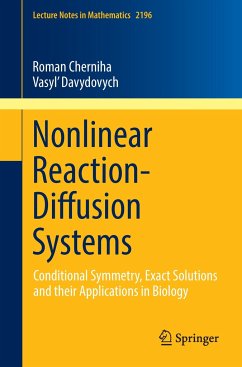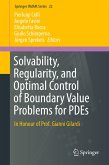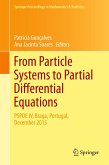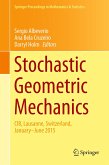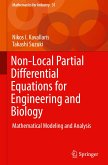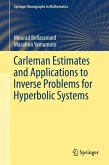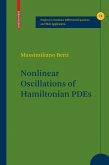This book presents several fundamental results in solving nonlinear reaction-diffusion equations and systems using symmetry-based methods. Reaction-diffusion systems are fundamental modeling tools for mathematical biology with applications to ecology, population dynamics, pattern formation, morphogenesis, enzymatic reactions and chemotaxis. The book discusses the properties of nonlinear reaction-diffusion systems, which are relevant for biological applications, from the symmetry point of view, providing rigorous definitions and constructive algorithms to search for conditional symmetry (a nontrivial generalization of the well-known Lie symmetry) of nonlinear reaction-diffusion systems. In order to present applications to population dynamics, it focuses mainly on two- and three-component diffusive Lotka-Volterra systems. While it is primarily a valuable guide for researchers working with reaction-diffusion systems and those developing the theoretical aspects of conditional symmetry conception, parts of the book can also be used in master's level mathematical biology courses.
"The aim of this book is to identify particular solutions for a wide range of reaction-diffusion Systems ... . This book is primarily addressed to mathematicians working in the field of reaction-diffusion systems. Biological mathematicians can readily use the particular solutions that are listed in this book (rather convenient summary tables are given)." (Thomas Giletti, zbMATH 1391.35003, 2018)

